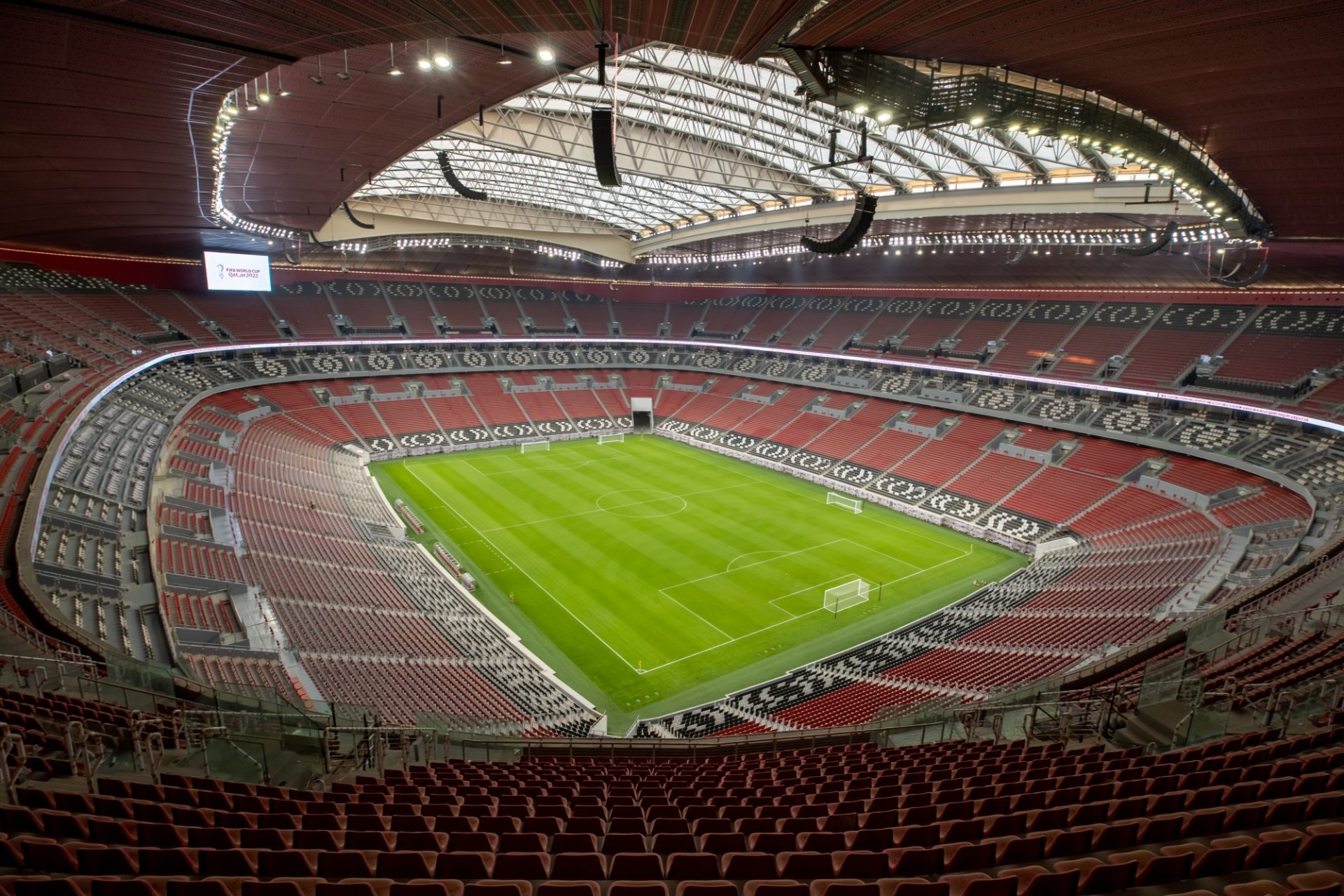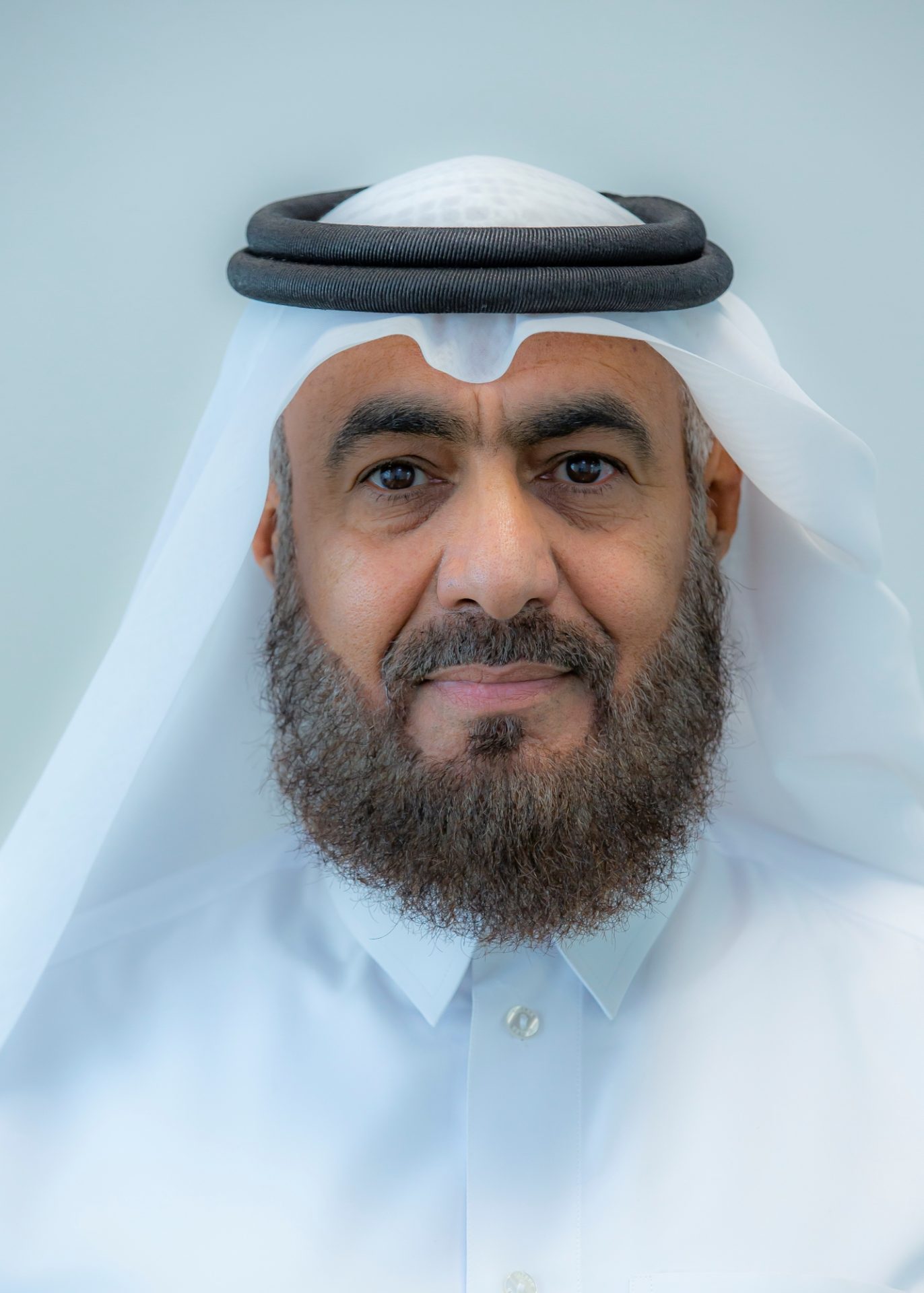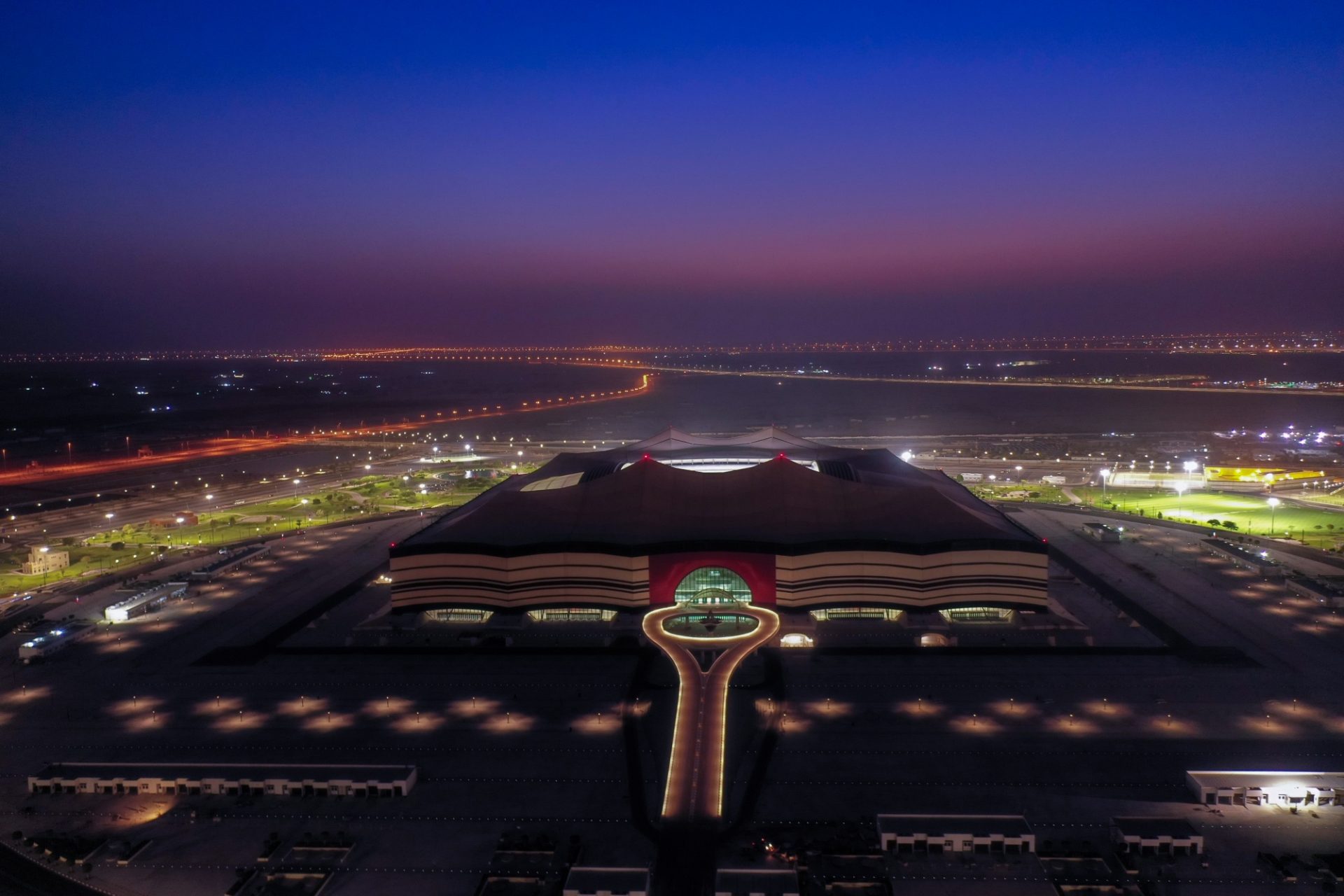Al Bayt Stadium Design Inspired by Traditional Tents
Al Bayt Stadium will welcome fans for the first time on November 30, 2021, when it hosts the FIFA Arab Cup™ match between Qatar and Bahrain.
Al Bayt – which means ‘the home’– features a design inspired by the tents traditionally used by nomadic people across the Gulf region.
The 60,000-capacity venue will be the largest stadium used during the FIFA Arab Cup™ and will host the final on 18 December 2021 which is also Qatar’s National Day.
We spoke to Dr. Nasser Al Hajri, Al Bayt Stadium Manager, to discuss the design and legacy of this architectural masterpiece. As someone who was involved in the project from the beginning, Dr. Nasser Al Hajri says, “It feels like we have been working on this project for a long time. When we first took on the project, the area looked like an empty desert – but now it features an incredible stadium which I cannot wait to see inaugurated.”
“The expertise gained from working on this project is really something to treasure. Working on something like this, with people from all around the world, has been a once-in-a-lifetime opportunity. I am beyond honoured to be part of this unique project,” he says.
He also promises a surprise for the opening of the stadium. He says, “I promise it will be an amazing inauguration and will impress everyone. The design and facilities will receive a lot of praise. Fans who are coming to the match should expect a surprise during the inauguration – something which I am sure everyone will enjoy!”
What is the significance of the design of Al Bayt Stadium to Qatar and the region?
It is inspired by the ‘bayt al sha’ar’ – the traditional tents used by people across the region. The design illustrates Qatar’s history, culture, and heritage. The design means a lot to Qataris and people from the Gulf as it resonates with their history and symbolises how our ancestors lived long before the discovery of oil.
 What challenges did you face during the construction?
What challenges did you face during the construction?
The biggest obstacle we faced was the vast scale of the stadium. This is the first and only project in the world to be covered with a membrane from the outside. We had to carefully consider the weather; the wind speed, potential storms, and the sun. Thankfully, we were able to find solutions to all the challenges we faced.
What sustainability measures did you consider during the construction of the stadium?
The concept of sustainability is extremely important to us, so we made sure to implement sustainability measures throughout the construction. We used solar energy for the lighting around the stadium, took care to recycle waste, and used recycled water for irrigation. We also recycled some of the materials found during the drilling phase. For instance, we used the rocks found during drilling in the construction of the two large restaurants surrounding the stadium. We also used telephone poles from Ooredoo during the construction of the restaurants, while other materials were recycled and used for sculptures in and around the stadium.
 Tell us more about the legacy that Al Bayt Stadium will leave behind.
Tell us more about the legacy that Al Bayt Stadium will leave behind.
At the moment, it is one of the biggest stadiums in the world but we will be removing around 30,000 seats after the World Cup. The area vacated by the seats will be turned into exhibition and wedding halls, to serve the needs of the Al Khor and Al Thakhira communities.
We are also seeing part of the legacy already with Al Bayt Park, which has something for everyone, including sports facilities, accommodation, and entertainment. In total, the stadium precinct features 1,000,000m² of green space and a host of public facilities, such as running and cycling tracks and horse and camel tracks. It’s the first stadium in the world to have a camel track.
It really is a one-of-a-kind development in the world. It has superb facilities, including a hotel with 96 rooms. Post-2022, the hotel will have two cinema theatres, a shopping mall and a recreation and food hall.
Tickets for the FIFA Arab Cup Qatar 2021™ are now available on a first-come, first-served basis at FIFA.com/tickets. Currently, tickets for all 32 matches, including the opener at Al Bayt, are available, according to the officials. Every ticket holder must apply for a mandatory Hay’ya Card (Fan ID) from fac21.qa.
All information and images Courtesy Supreme Council for Delivery and Legacy.






